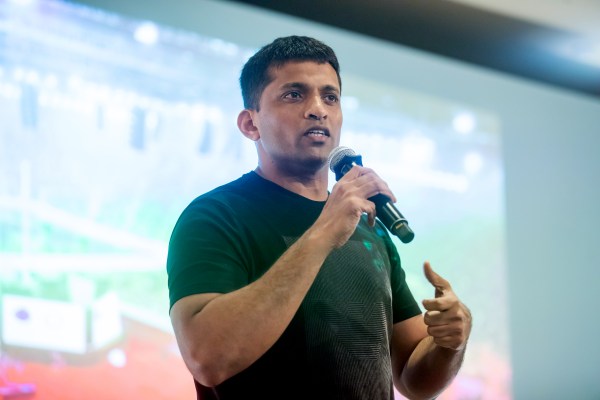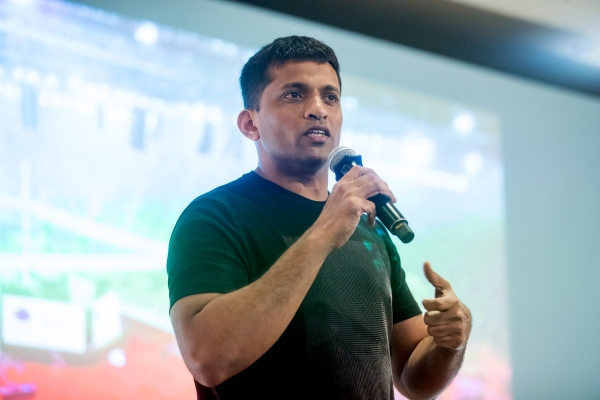
Indian edtech giant Byju’s, the nation’s most valuable startup, is in talks to go public in the U.S. by merging with a blank check company led by Churchill Capital, a person familiar with the matter said.
Byju’s, currently valued at about $21 billion, is seeking a valuation of over $45 billion and looking to raise as much as $4 billion, the person said, requesting anonymity as they are not authorized to speak with the press.
The startup, which was founded in 2011 and launched its online learning platform in India in 2015, is hoping to list in the U.S. next year, and also is exploring an additional listing in its home market at a later stage, the person said.
If the deal goes through, it would be the biggest SPAC deal to date, surpassing Singapore’s Grab.
The talks haven’t been finalized yet and the terms may still change, the person cautioned. Bloomberg News first reported about the talks.
TC reported in August that Byju’s had started engaging with bankers to explore listing options. Several bankers offered Byju’s a valuation of $40 billion to $50 billion if it listed next year, the report said.
Byju’s prepares students pursuing undergraduate and graduate-level courses, and in recent years it has expanded its catalog to serve all school-going students. Tutors on the Byju’s app tackle complex subjects using real-life objects such as pizza and cake.
The pandemic, which prompted New Delhi to enforce a months-long nationwide lockdown and close schools, accelerated its growth and those of several other online learning startups, including Bangalore-headquartered Unacademy and Vedantu.
Byju’s, which was valued at less than $6 billion in mid-2019, has expanded to the U.S. and several international markets in recent years and made a series of acquisitions to fuel the inorganic growth. This year itself it has spent $2 billion in cash and stock to acquire 10 startups.
Byju’s says it has over 100 million registered users, about 7 million of whom pay for the courses. The startup is aiming to generate revenue of $1.3 billion in the ongoing financial year, it has said.
The startup’s unusually aggressive quest for growth has also attracted serious criticism. The Rest of the World and many media outlets have reported that the startup’s salespeople mislead parents — many of whom can’t afford to buy the startup’s products — into getting their kids to join Byju’s subscription. The startup has previously also used intimidation tactics to silence its critics.










